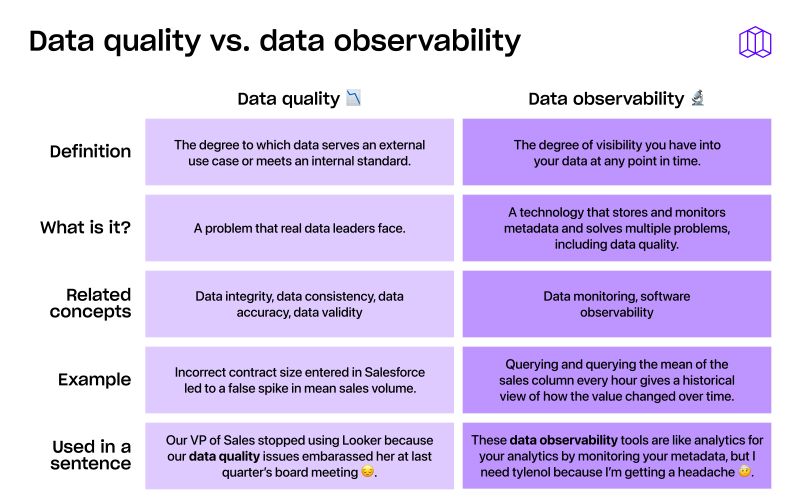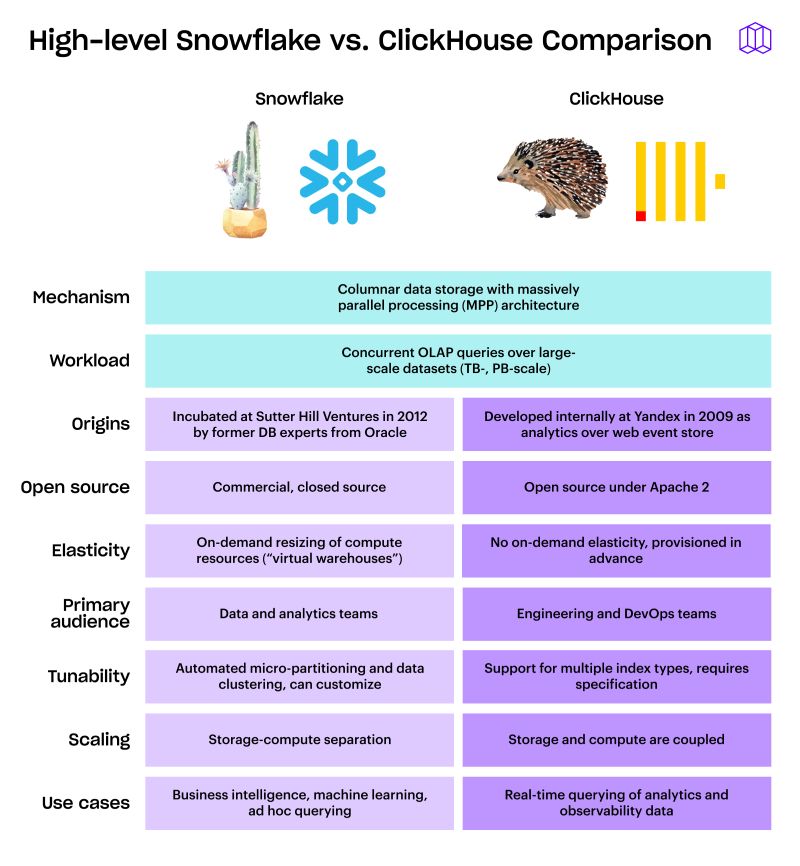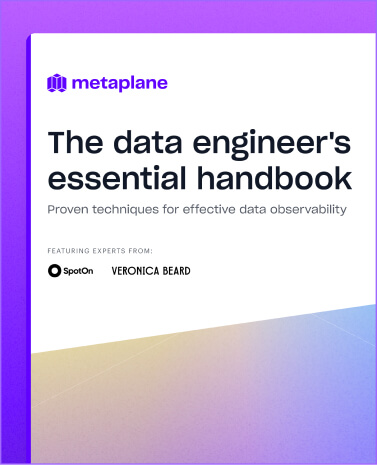The Future of Data Analytics and Data Science
Is data really the new oil? With the exponential growth of data, companies are collecting vast amounts of information. But how can businesses unlock the value of their data and use it to drive innovation? Effective data analytics and data science hold the key. In this blog post, we will explore the future of data analytics and data science and the roles of data engineers, analytics engineers, and data leaders in shaping it.

Automation, Machine Learning, and LLMs
The importance of automation in data workflows cannot be overstated. Through automated processes, data analysis becomes streamlined, resulting in lower time and resource requirements. LLMs (Language Models) are intrinsically suited for these automated workflows. Companies can leverage these models to analyze immense amounts of data, thereby generating high-quality insights with enhanced speed and efficiency.
Let's unpack this by putting you in the shoes of the Head of Data at Rainforest, an e-commerce company that focuses on hydroponic aquariums catering to high-end restaurants. In your role, you utilize tools like Fivetran or Airbyte for Extract, Load and Transform (ELT) processes, Snowflake or Redshift for data warehousing, dbt for transformation, Sigma or Looker for Business Intelligence (BI), and Hightouch or Census for Reverse ETL operations.
By integrating LLMs and machine learning, data ingestion, data labeling, and data-quality checks can be automated, reducing manual processes and speeding up data handling. Machine learning algorithms can be programmed to automatically identify patterns and learn from them, thus enhancing data analysis.
Moreover, the rise of LLMs has significant implications for natural language processing tasks such as sentiment analysis or predictive text generation. These models can provide more nuanced interpretations of human language, enabling businesses to gain deeper insights into customer behavior and preferences.
The advent and proliferation of LLMs and machine learning have therefore catalyzed faster data processing, refined data insights, and improved business efficiency.
Data Quality and Data Observability
At the core of any data-driven initiative is high-quality data. Poor data quality can lead to poor decisions that negatively impact a company's bottom line. In this section, we explore the importance of data observability in ensuring data quality.

But what is data observability? Data observability tools can detect issues in real-time, troubleshoot those issues, and provide valuable insights into data quality. For example, Metaplane's tools can detect anomalous data, provide warning alerts, and in the future even generate automated actions to correct issues.
Data observability helps build trust in data-driven decision-making. With better data quality, businesses can improve decision-making, reduce risk, and ultimately drive innovation.
Democratizing Data for Better Business Decisions
In business decision-making, agility is paramount. Companies need to make informed decisions promptly, underlining the necessity of data democratization.
The emergence of cloud computing and sophisticated data analytics tools has encouraged businesses to democratize their data, extending its access to a broader range of employees. This means empowering non-technical employees with data insights and analytics via user-friendly dashboards and reports, ultimately fostering a data-driven culture.
Consider Acme Inc., a hypothetical multinational corporation specializing in widget production. Data democratization has been a cornerstone of their strategy for promoting innovation. By implementing intuitive dashboards and reports, Acme has democratized access to data insights and analytics across their organization.

The benefits are multifaceted: With more employees able to access and understand data, they can make informed, data-driven decisions, boosting efficiency and innovation. Furthermore, data democratization can enhance collaboration, breaking down silos and encouraging cross-functional cooperation. Such an approach enables a more holistic view of the business, where employees are not only consumers of data but also contributors to the company's data assets.
To sum it up, companies like Acme that democratize their data empower their employees, enrich collaboration, and stimulate innovation by fostering a pervasive, company-wide data culture.
Summary
We've dived into the future of data analytics and data science, focusing on the roles of various data professionals, the importance of LLMs and machine learning in automation, and the value of data democratization. Automation using LLMs can streamline data workflows and enable quicker data insights, while democratizing data fosters a data-driven culture that encourages informed decision-making and innovation. These elements will be crucial in navigating the future of data analytics and science.
At Metaplane, we understand the importance of data observability and democratizing data, which is why our solutions are designed to help businesses unlock the full potential of their data. With data observability tools that can detect issues in real-time and easy-to-use BI tools that democratize data, we're empowering businesses to make better decisions, reduce risk, and ultimately drive innovation.
Sign up for free, or book a demo to learn more.
Table of contents
Tags
...

...
















